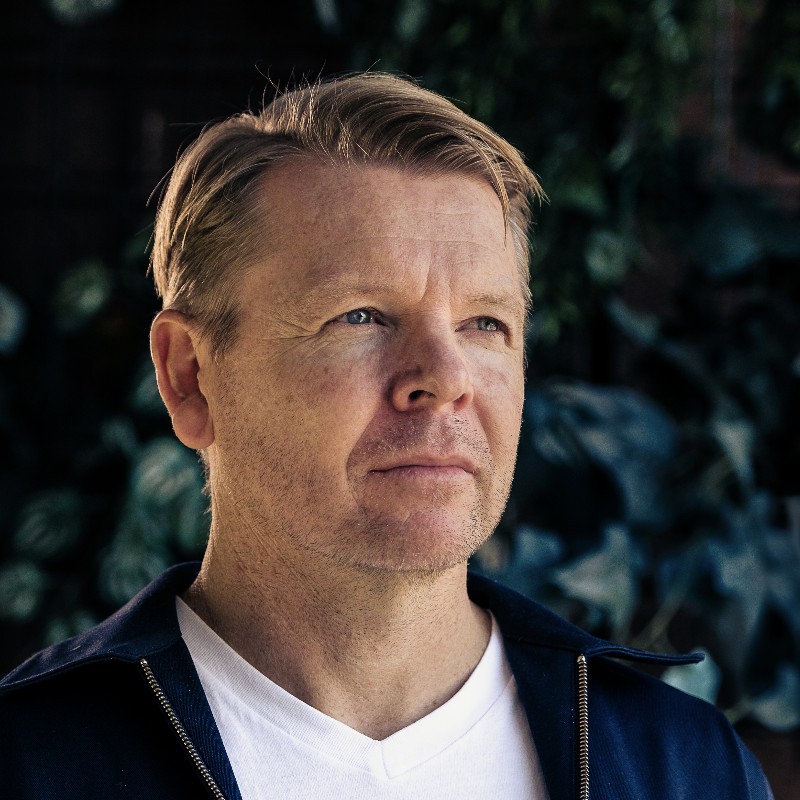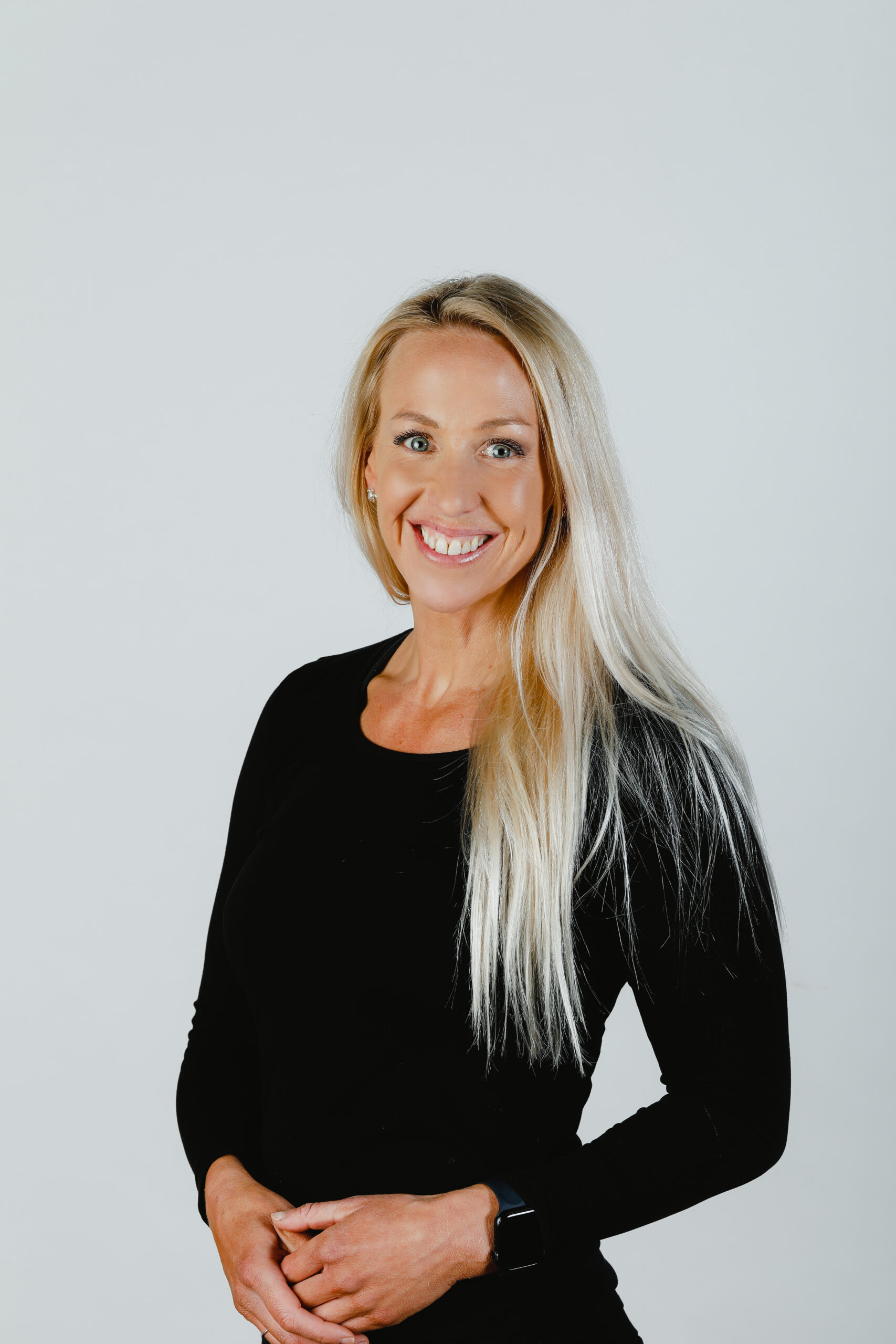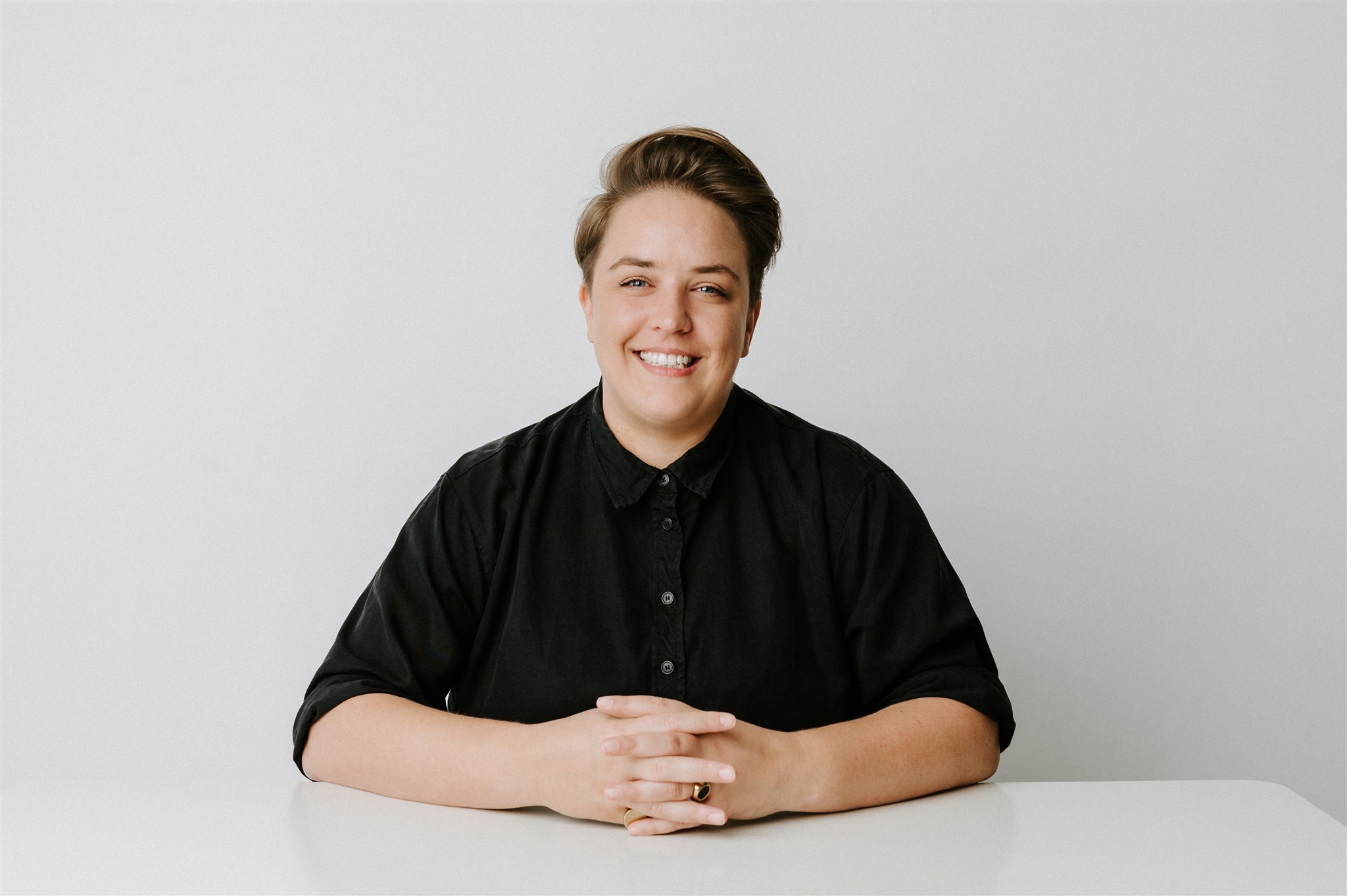Key Takeaways
- Networking is crucial for career security and growth, especially in volatile job markets.
- Effective networking involves creating mutually beneficial relationships, not just collecting contacts. Intentional engagement at events, active participation in communities, and thoughtful follow-up that offers value are ways to do this.
- Building a robust professional network requires genuine effort and a shift in mindset.
- Meaningful networking happens both in-person and online, but prioritising real-life moments is key—especially for remote workers.
Markets hate volatility—and none hate it more than the job market. Even if you’re feeling secure right now, it always pays to keep your network in good shape because when you discover that you need it, it will be far too late to start building, and if you’re a freelancer or a contractor—your network IS your job (or at least half of it).
Creatives, in particular, seem to have an aversion to ‘networking’, believing it’s the thin edge of the commercial wedge. A little too crass, a little too desperate. The truth is that a robust, diverse professional network that continuously generates opportunities, inspiration, and growth is going to be one of the best career assets you can own (a thick skin, a great portfolio, and a little self-belief are the others).
I've seen brilliant creatives plateau because they stayed in their comfort zones, while others with more moderate talent kept growing thanks to the meaningful connections they collected and cultivated.
“As the old saying goes, the difference isn't just who you know—it's who knows what you can do.”
If you’re feeling overwhelmed by the thought of having to get out and ‘press the flesh’, let me share what works in today's hybrid working world, where meaningful networking happens both in real life and online. This isn't about collecting business cards or LinkedIn connections—it's about building authentic relationships that mutually benefit your careers.
In-person networking: The irreplaceable human connection
Full disclosure: I’m a fan of digital and remote. I’m the Executive Creative Director of Splendid Group—a global agency that attracts very senior talent to work on blue chip clients yet has never signed a lease on office space since it was founded over a decade ago. It’s allowed me the ultimate flexibility (more of that in a moment) in terms of geography however, in-person networking remains unmatched for creating impressions, learning where the opportunities are, and building genuine relationships. If you are a remote worker, you will need to find and prioritise your IRL moments.
Here are few ways to get you started building your network:
1. Attend industry events with intent
Don't just turn up to events. They’re too expensive (in both dollars and hours) to attend without purpose:
- Research speakers and attendees beforehand. Take a look at the panellists and speakers beforehand and try to identify 3-5 people you want to connect with. Pro tip: Prepare thoughtful questions related to their work and don't ‘hog' their time if they are in demand.
- Focus on quality over quantity. Don't feel like you need to ‘work the room'. It's not Pokémon and there are no prizes for collecting the whole set. One meaningful conversation trumps ten superficial business card swaps.
- Volunteer instead of just attending. The most powerful thing you can do is to help before asking. Volunteering positions you as someone who contributes, not just consumes. If you're an introvert or just don't enjoy ‘putting yourself out there', having a role can help you feel a lot more comfortable in the space as well.
2. Find your network and creative community
Somewhat ironically, digital platforms make it much easier to find and investigate IRL groups. Meetup, Eventbrite, and dozens of other platforms are worth combing through.
- Join a creative mastermind or skill-share group. This can be really useful if you've got a more specialist creative role, but even generalist ‘commercial creative' groups generally welcome new members and new energy. Just remember to put in the time and be respectful before asking for contacts.
- Participate in workshops and classes. Taking a course adjacent to your current skills is a great way to find and make new connections. You'll find potential collaborators and maybe even clients. Aquent's own Gymnasium is a good place to start.
- Host something yourself. Organising even a small gathering positions you as a connector. Hosting quarterly coffee meetups might require a little effort but can yield great results in terms of relationship building. Be patient and consistent and you'll start to attract like-minded (ie: helpful) colleagues.
3. Be smart with your follow-up
Once you’re finding yourself meeting more people and learning where they’re coming from, don’t think you’re done. Being top-of-mind works for people just as effectively as it works for brands. Here’s how to turn a meeting into a connection.
- Reference something specific from your conversation. Demonstrate that you were listening, you were engaged, and that they had your attention. Generic “nice to meet you” emails get forgotten.
- Offer something of value first. Share an article, contact, or resource related to what you discussed. (If you're sensing a theme here, you're getting warmer.)
- Suggest a concrete next step. “Let's grab coffee sometime” is the business equivalent of “see ya around, maybe”. Instead, propose a specific date or action. If the conversation was going that way, you might be in a position to request their advice (flattery is rarely ineffective if it's sincere) but keep it classy and offer to pay for their time with a coffee or a simple meal. It's a small gesture that shows you understand their time and attention are of value.
Building your network takes time and intention. It also takes maintenance. Think of your connections as ‘professional friends’ and make time to check in with them. Ask them what’s going on in their world—and if there’s anything you might be able to do to help.
In times of significant professional change (either imposed or self-created), you may need to restart your network, perhaps in a new industry or a new geography, which can be challenging, but also energising. My role with Splendid allowed me to move countries while keeping the job I love (there’s that flexibility I mentioned earlier), but it has meant the network I had built around my side hustle as an entertainer and DJ in Sydney has to be cultivated anew, in a completely different part of the world.
My approach? Same as it ever was: be patient, be respectful of the existing community, and above all, be helpful first.
I’ll be back in the next blog post to talk more about how to harness online channels to support your connection-building, but in the meantime, let me know how you’ve overcome a reluctance to ‘network’ and where you’ve found unexpected success in building your professional safety net.
Latest.

Australian AI Tech: Our untapped business advantage.
Technology, Thought Leadership

5 simple (but powerful) ways to shine in your design interview.
Job Seeker, Design

How to demonstrate the value of your design team in 2025
Thought Leadership, Design, Industry Trends, Leadership








